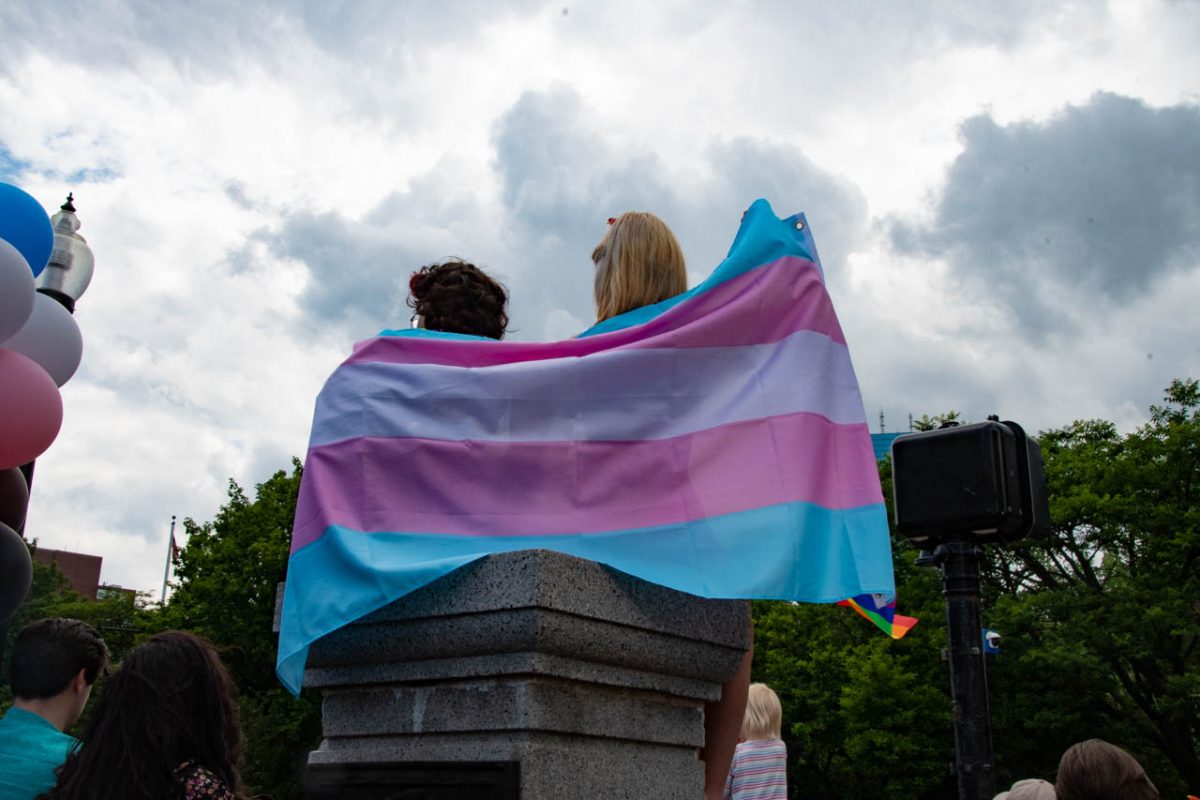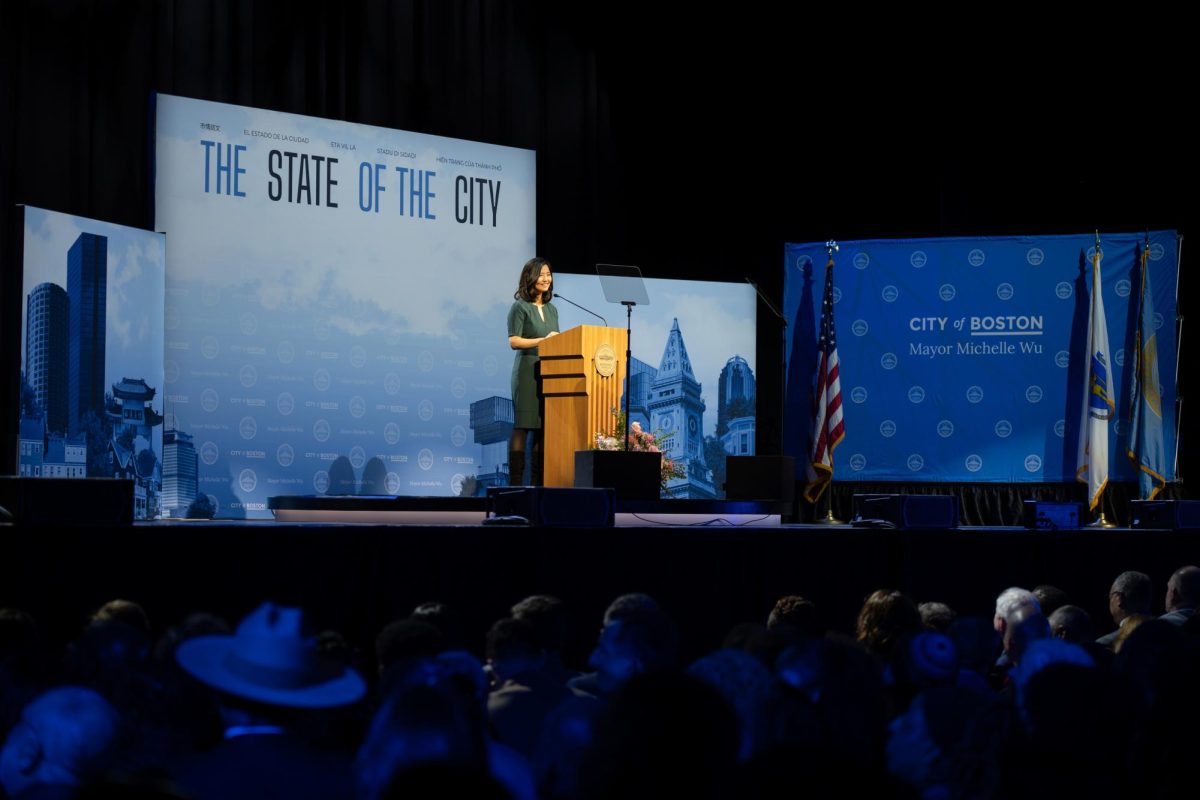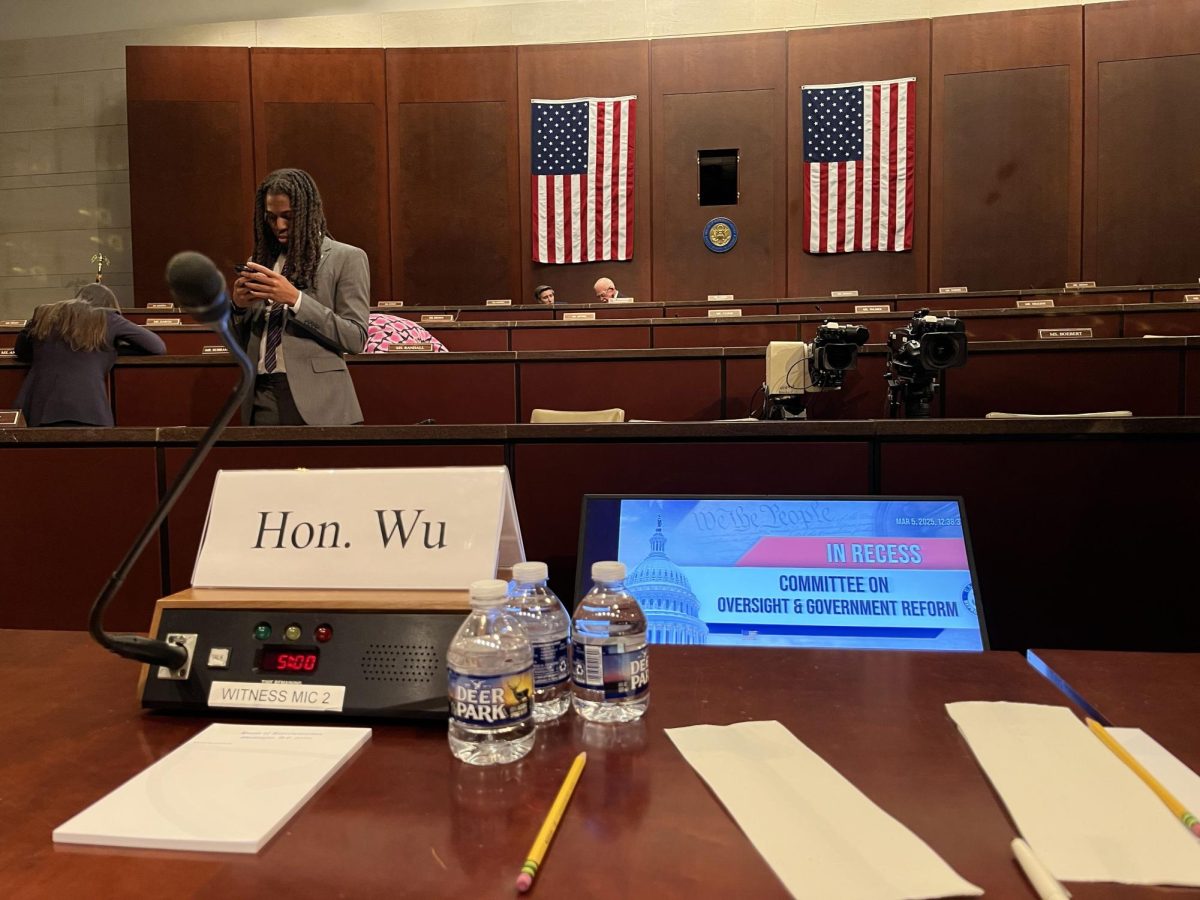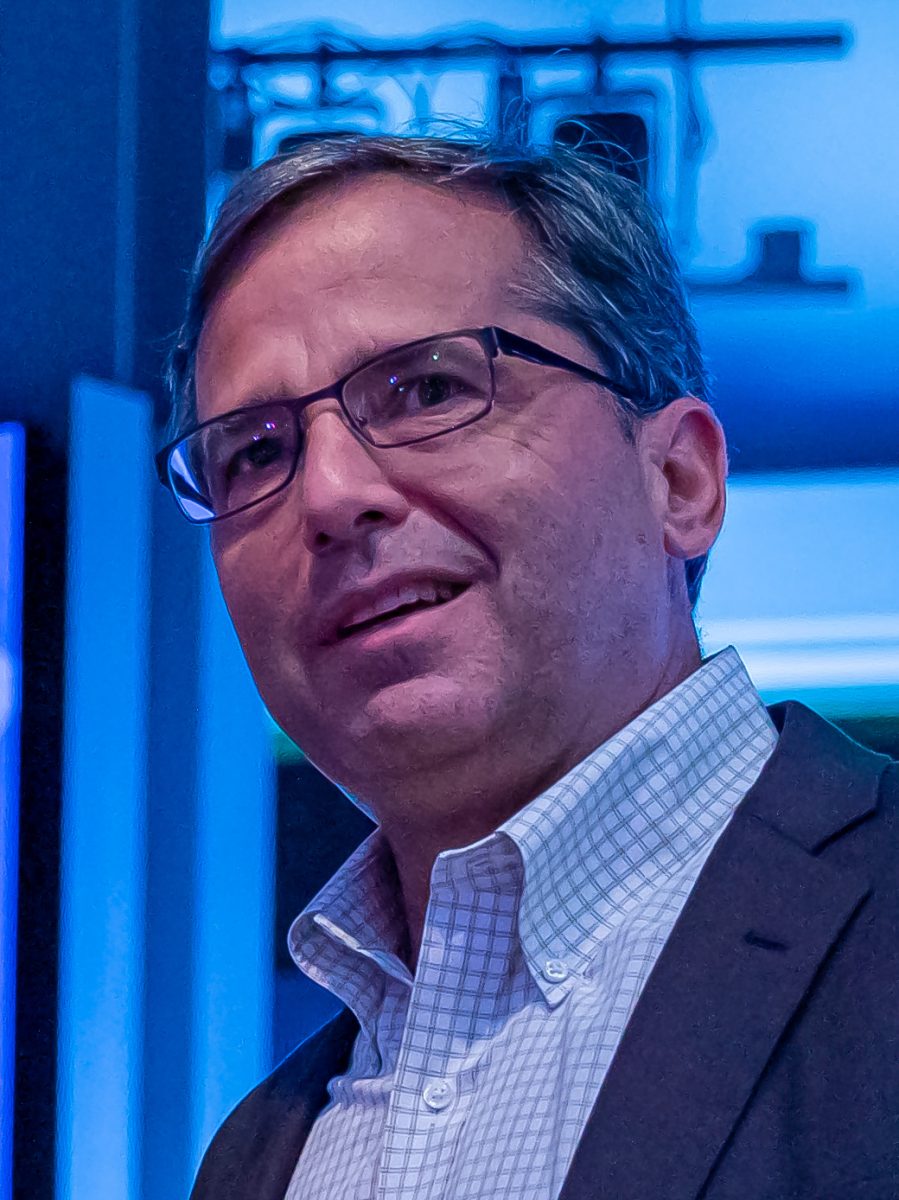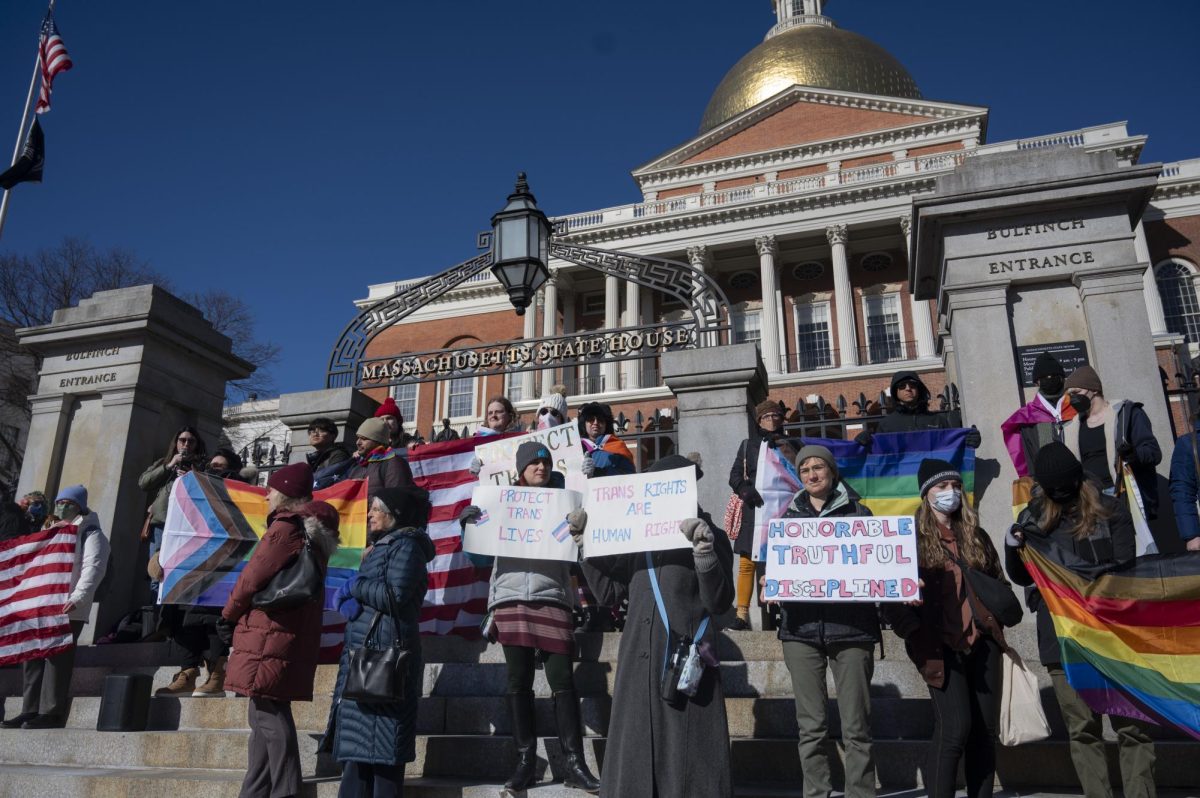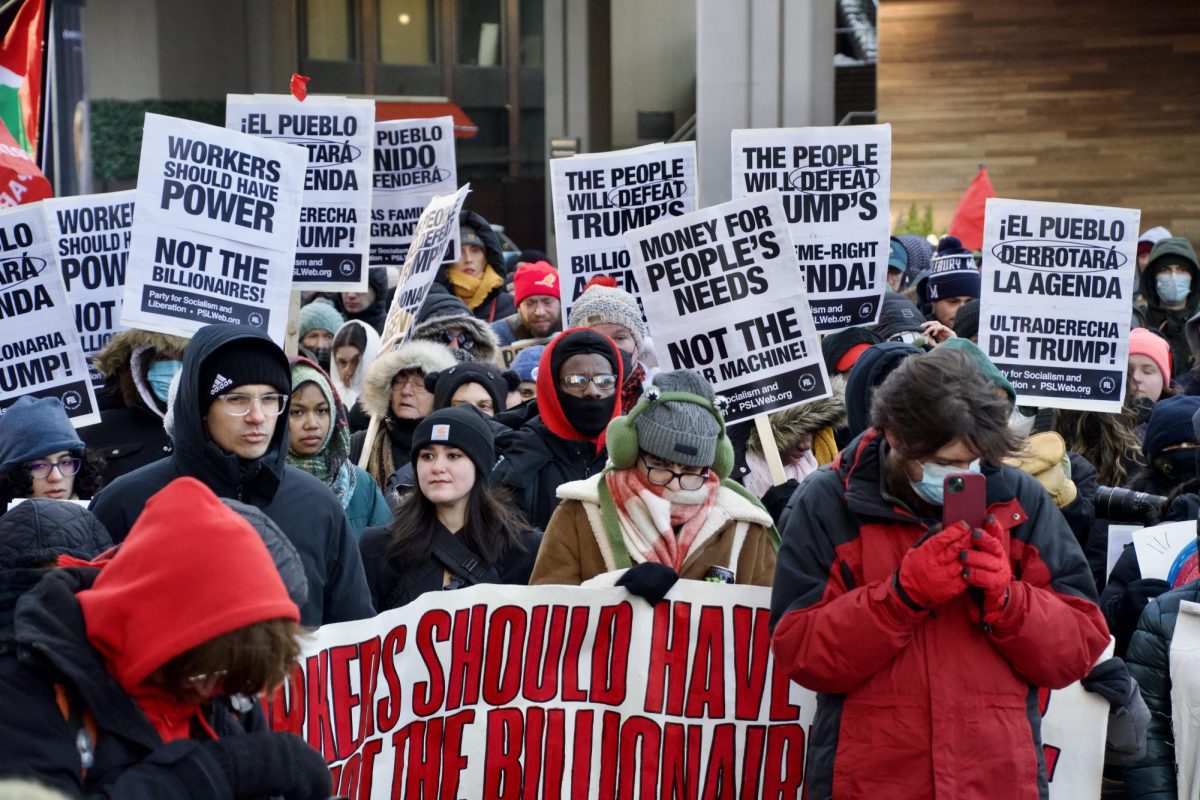Amidst the grandeur of the MGM Music Hall, Mayor Michelle Wu delivered her second annual “State of the City” address Jan. 9, highlighting issues surrounding housing, education and quality of life in Boston.
However, the beginning of Wu’s address could be described as nothing short of chaotic. Following her entrance onto the stage, the mayor began her speech, but the arrival of pro-Palestinian protesters upon both ends of the upper balcony level interrupted her. Brandishing large banners that read “Boston complicit with genocide” and incessantly calling for a “ceasefire now,” they not only upstaged but depicted a disconnect between the mayor and the group of city youth present.
The disruptive start to Wu’s address presented a sharp contrast to the collective and inclusive messages conveyed by her chosen guest speakers. For instance, Rabbi Elaine Zecher from congregation Temple Israel of Boston spoke unto the “dignity of our differences.”
“Our synergistic cooperation makes us only as good and powerful and strong as the sum of our individual parts,” Zecher said.
However, shortly after the removal of the protestors, the mayor’s speech was brought back on track. Wu highlighted various achievements of the previous year, such as the landmark five-year contract negotiated this past December with the Boston Police Department, the appointment of a Boston-based representative on the MBTA board of directors and increased efforts to transform and modernize the city’s transportation and educational systems.
“The state of our city is strong,” the mayor said. “Not because the challenges that remain are simple or small, but because they are big, and they matter, and we are rising to meet them. And that starts with housing, because home is the place where everything starts.”
Among promises to continue her “comprehensive rezoning”endeavors, Wu set a lofty goal of identifying possible sites for the construction of 3,000 additional units of public housing within the decade. Additionally, she pledged to introduce net-zero carbon zoning requirements for new constructions, part of a larger mission to make Boston a “green and growing city.”
Coupled with talk of a greener city, the mayor pledged to restore Franklin Park, aiming to realize its complete potential as a community anchor.
Drawing from her own childhood memories of exploring cultural scenes with her mother, the mayor announced that on the first two Sundays of each month, Boston Public School, or BPS, students and their families could enjoy free access to various cultural landmarks around the city, including museums, the New England Aquarium and even the reimagined Franklin Park.
Some, however, harbored reservations over Wu’s policies. David Higgins, a Dorchester resident and regular attendee of State of the City addresses for over 20 years, said he would rate her performance in office thus far as “maybe a 6.5 or a seven.” He expressed doubt that many of the mayor’s proposals surrounding the modernization of classrooms and curriculum for BPS students would manifest in the form of meaningful and effective legislation.
“I’m excited and interested to hear what she has to say on the schools [BPS Policy], but for as long as I’ve been in the country, this city’s schools have been a mess,” Higgins said. “And I know it’s a tough job. I just don’t know how well she is handling it all as a rookie.”
Regardless of any reservations held by Higgins, attendees’ thunderous applause and standing ovation at the conclusion of Wu’s speech underscored a shared hope for the future of the city.
“Home is all the little points of light that give tomorrow its glow. It’s the place—and the people—you refuse to give up on,” Wu said. “Thank you, to all of you, for making Boston our home.”
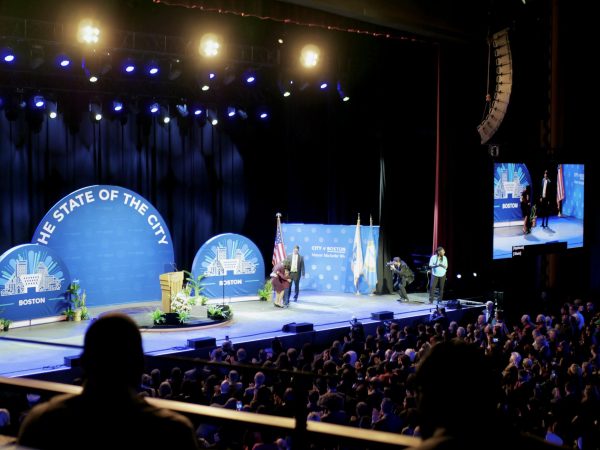


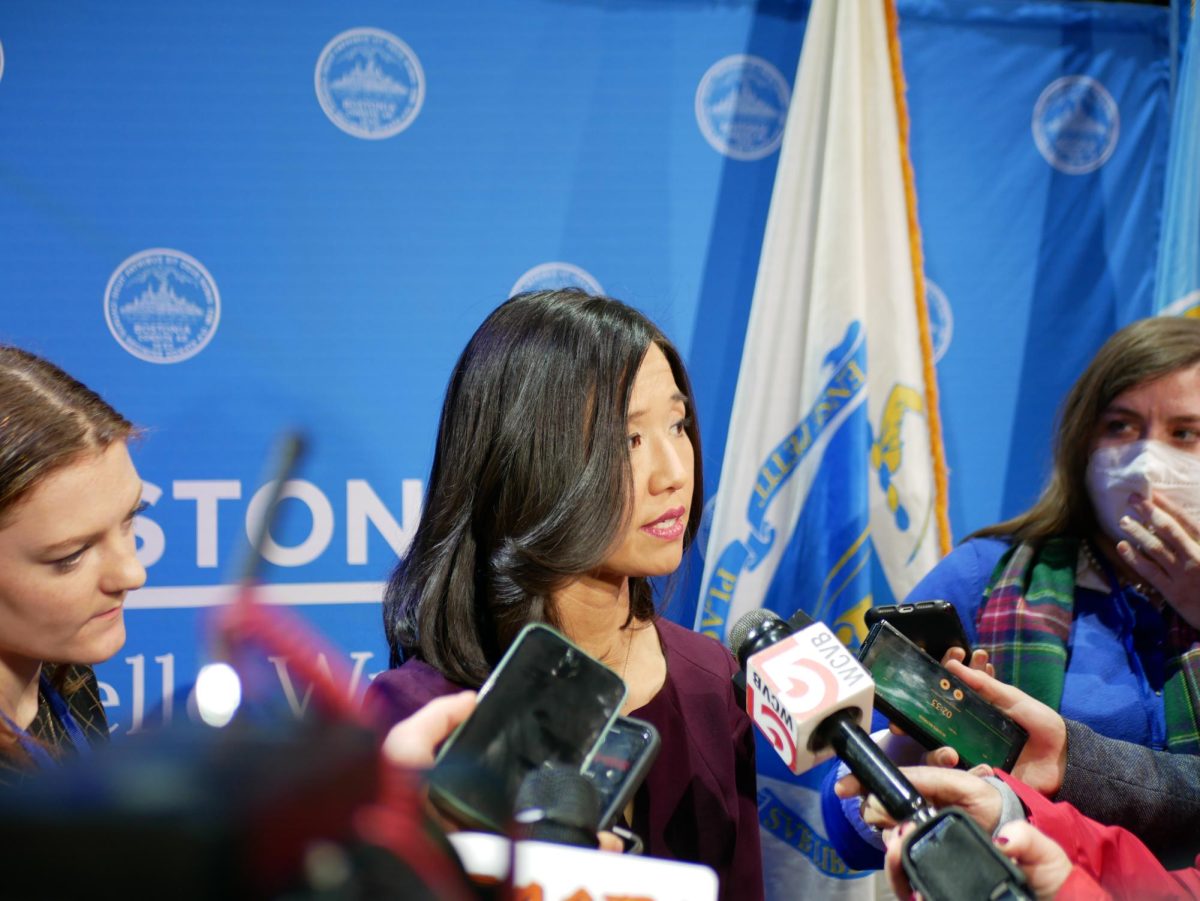
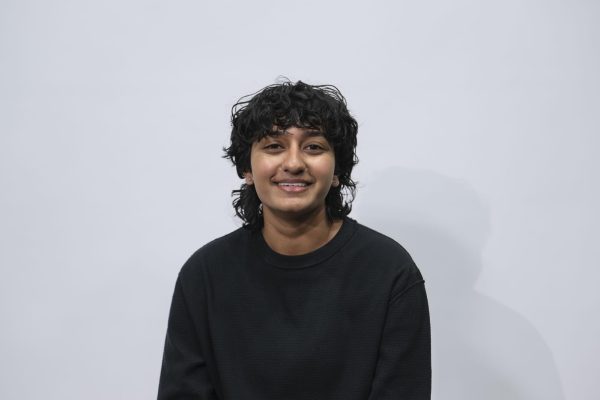




![A demonstrator hoists a sign above their head that reads, "We [heart] our international students." Among the posters were some listing international scientists, while other protesters held American flags.](https://huntnewsnu.com/wp-content/uploads/2025/06/image12-1200x800.jpg)

